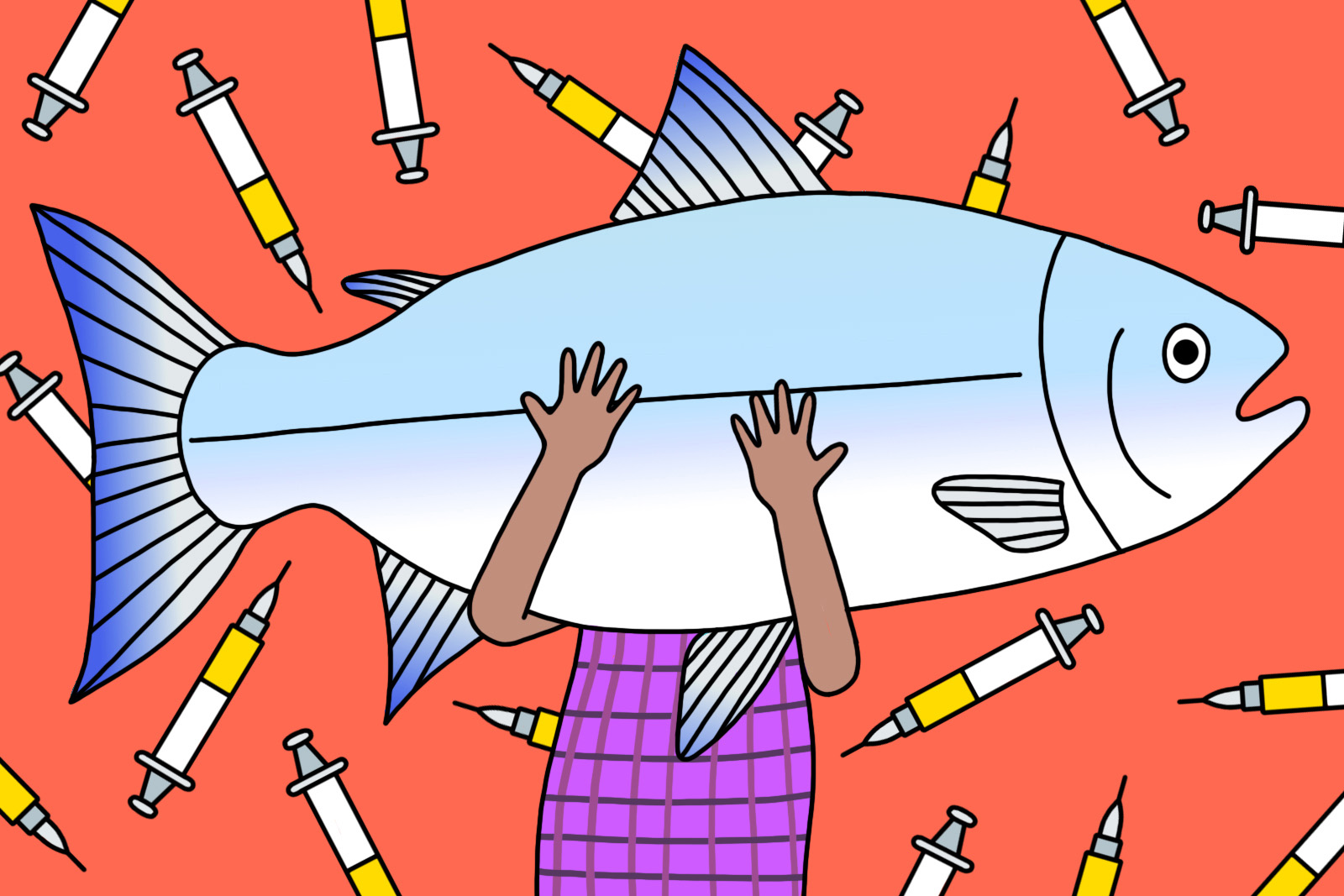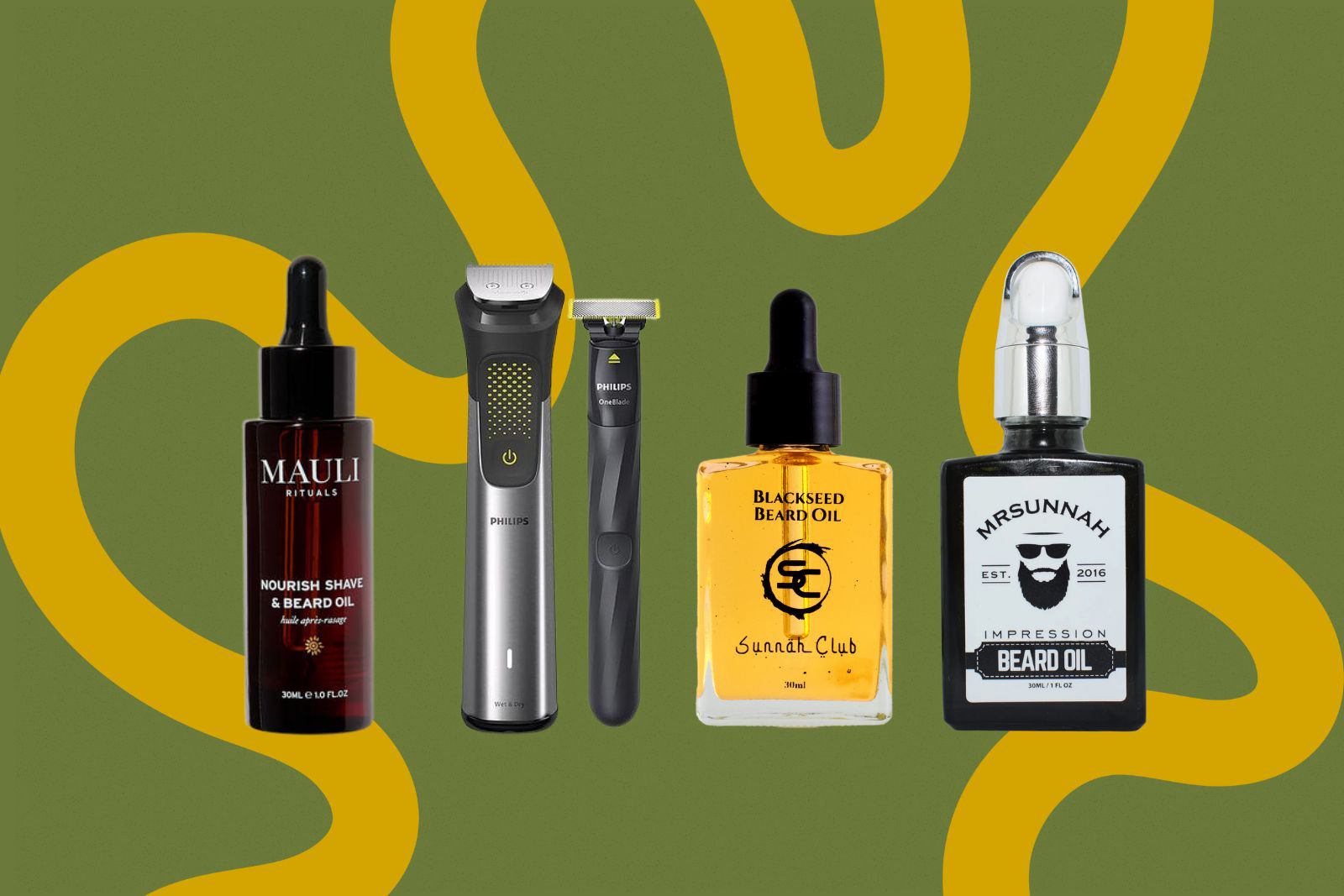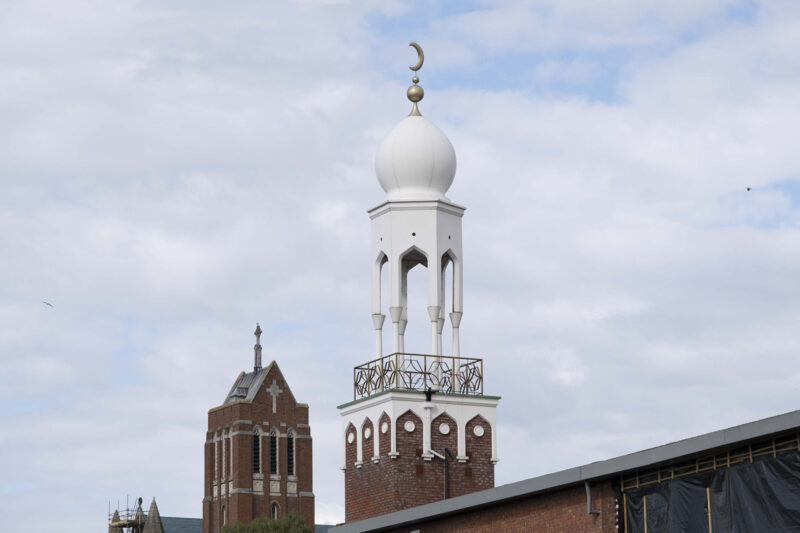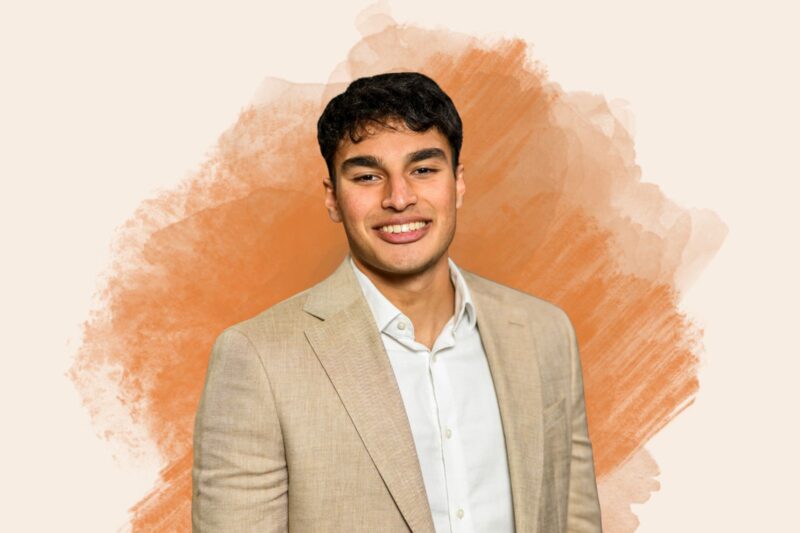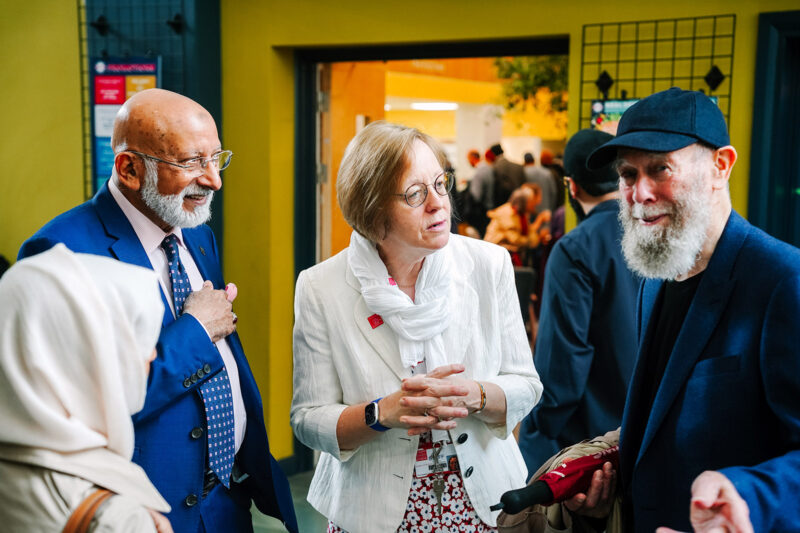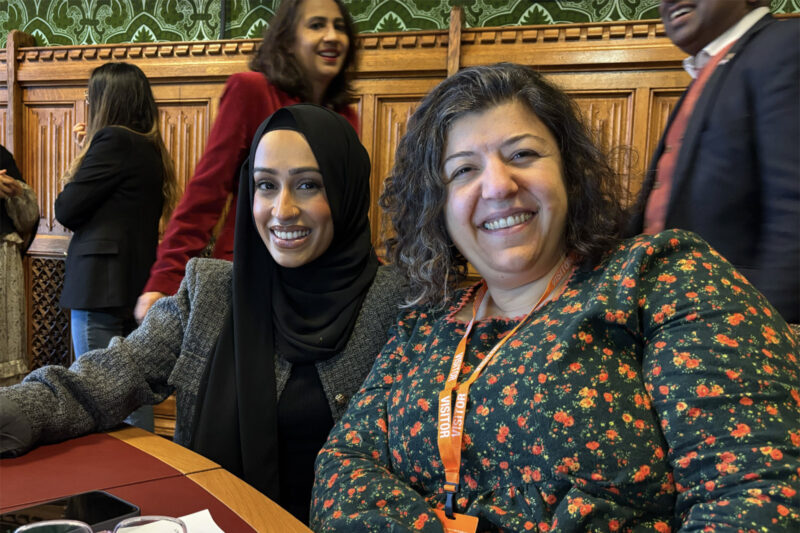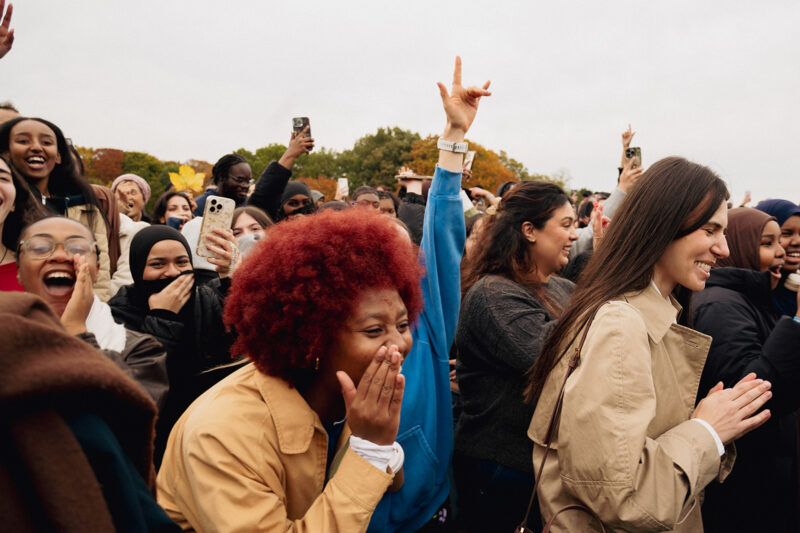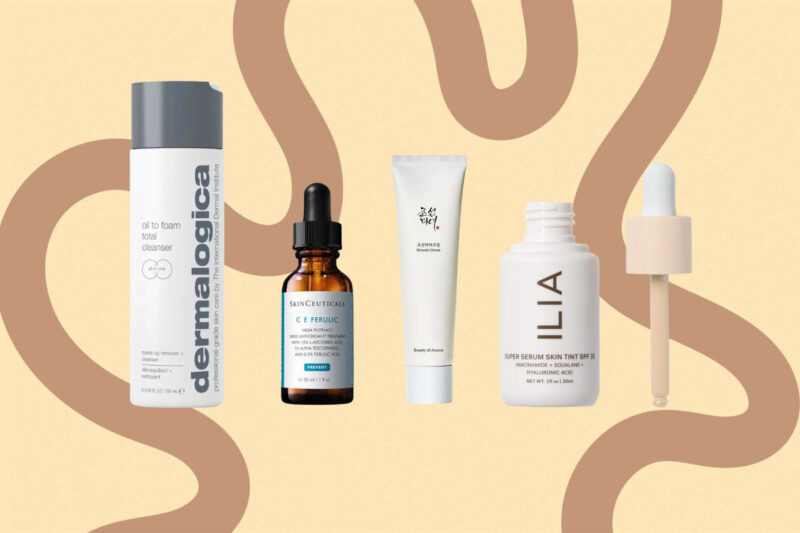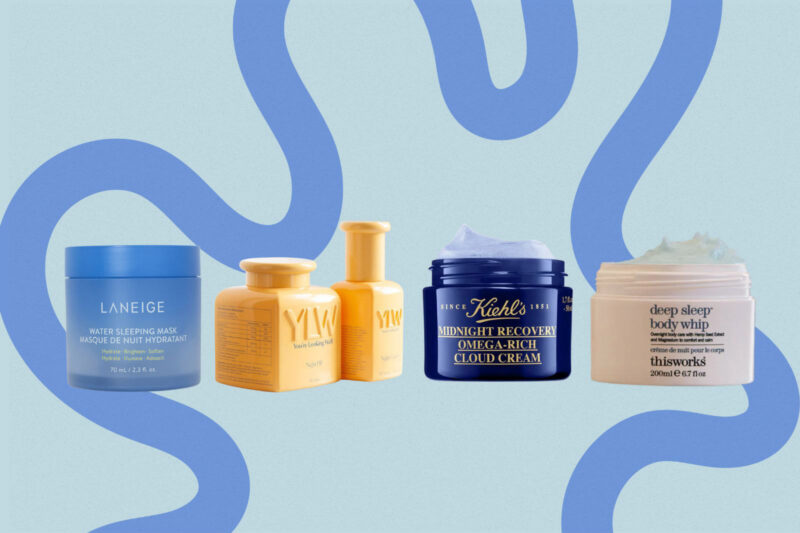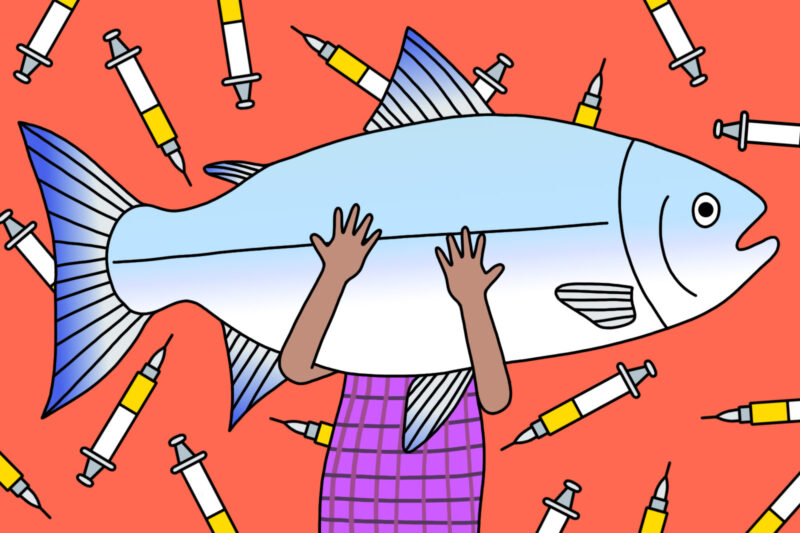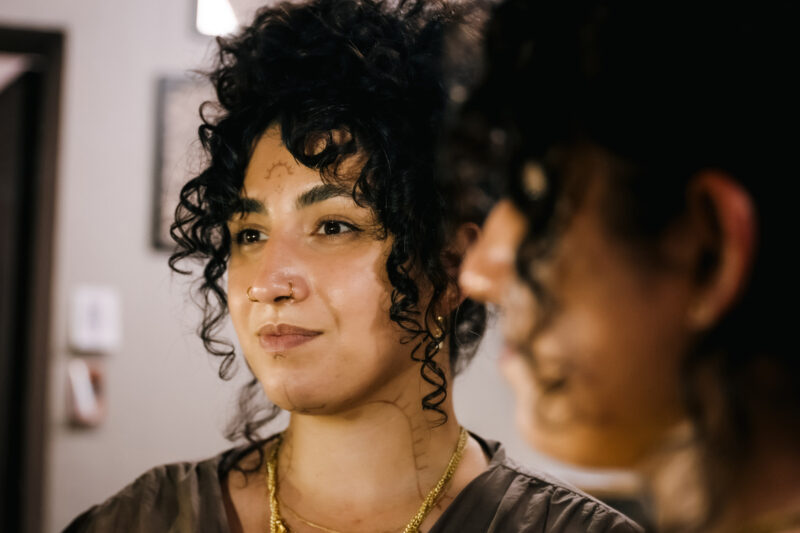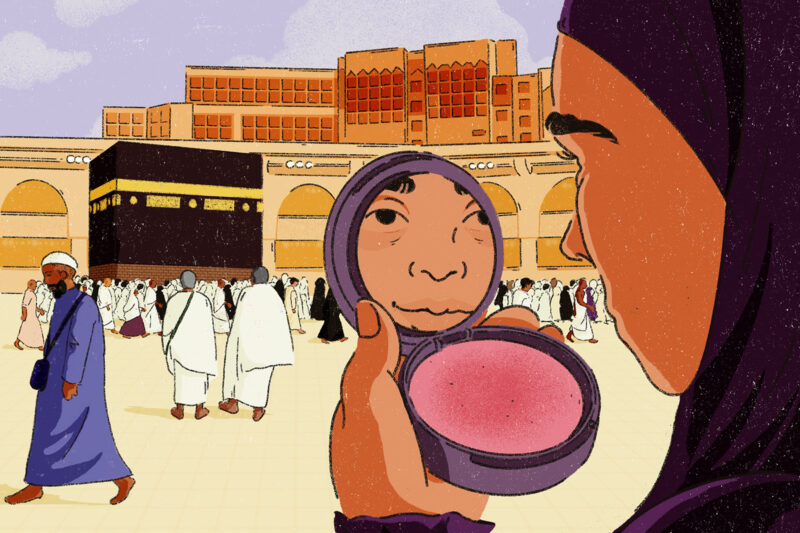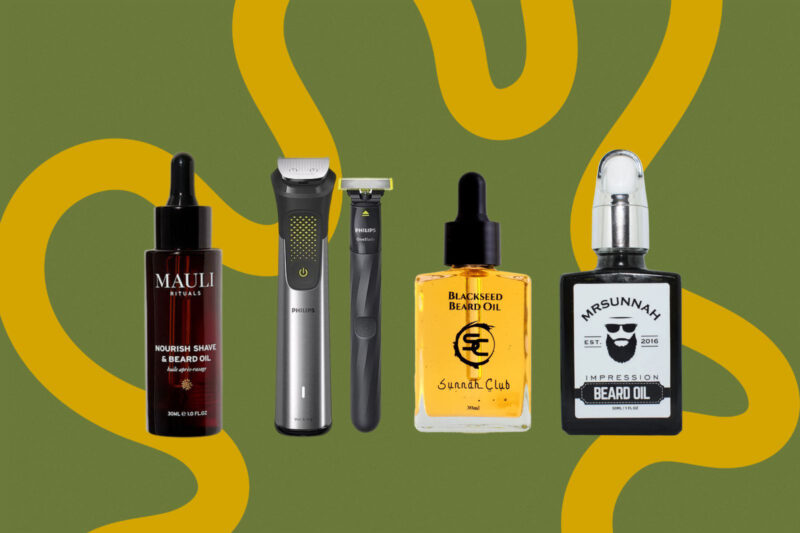Meet the Muslim man changing the face of beauty
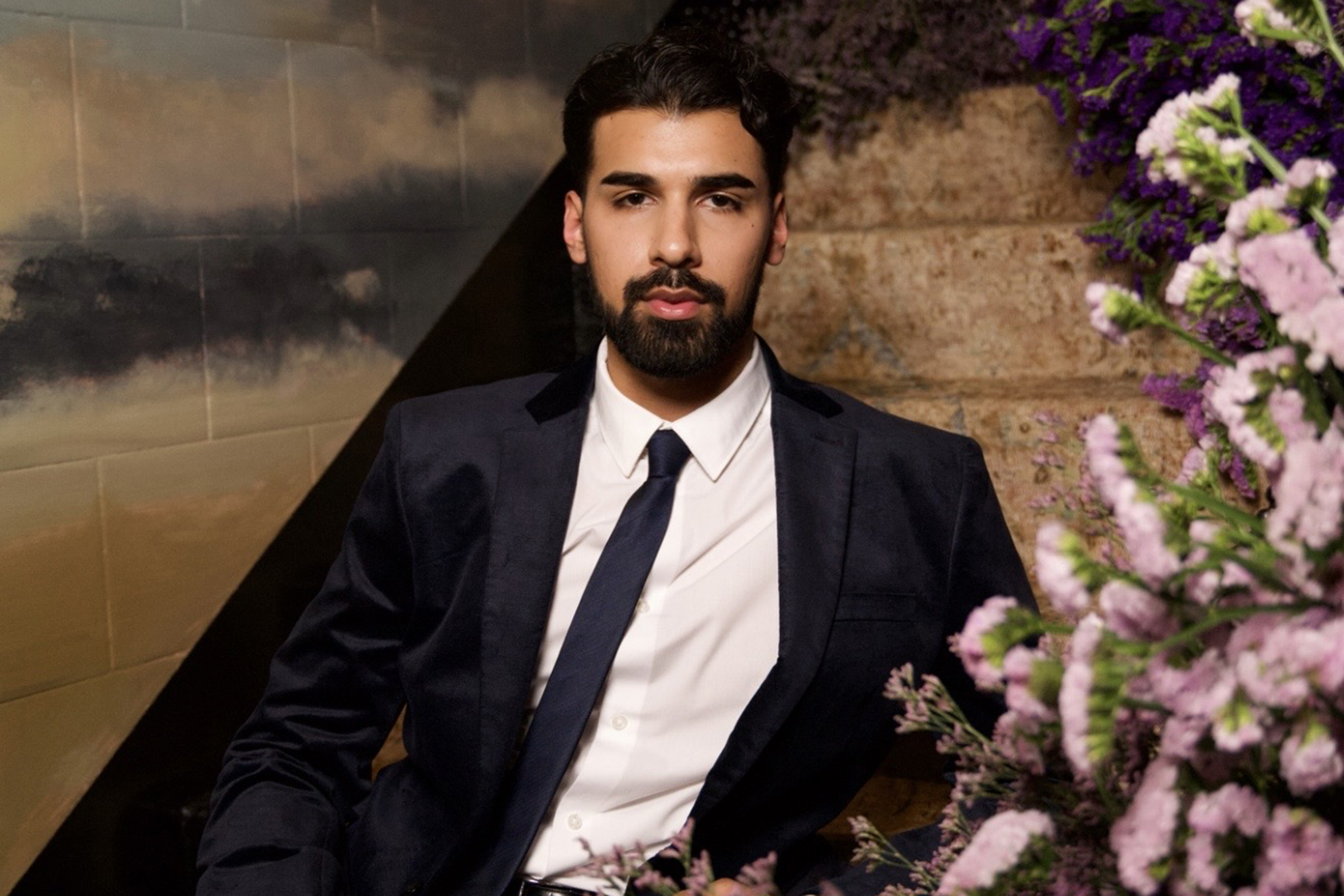
Shakeel Murtaza never imagined that filming his evening skincare routines would lead him to working with global brands
Shakeel Murtaza is the kind of influencer the internet invents by accident. The 26-year-old from Cardiff did not set out to become a figure in male beauty. He’d been posting videos since 2022, but his breakout moment wasn’t a skincare tutorial. It was a TikTok posted in 2024 of his cat, Achilles, wearing a miniature thobe, matching Murtaza’s own Eid outfit.
Within hours, the video had gone viral, bringing in sponsorships from both skincare and pet food brands, planting him squarely in a corner of the internet where content creation, religion and self-care collide. “I just thought it was funny and it really smashed,” he says. “I didn’t expect the video to blow up the way it did, people loved that it showed a softer, fun side to Muslim men.”
Today, Murtaza, who is Welsh Pakistani, is a recognised voice in male beauty and grooming, collaborating with some of the industry’s biggest names from Estée Lauder and La Mer promoting their luxury skincare lines. He’s been invited to skincare launches, fragrance previews and panels hosted by GQ and Selfridges, often as the only visibly Muslim man in the room.
His presence on TikTok and Instagram functions as a compact school of male self-care, trialling products and offering beauty tutorials to his half-million followers. He also shares advice on maintaining confidence around self-image. “I want it to feel like you’re talking to a mate who just happens to know about skincare,” he says.
It’s an unlikely ascent for someone who began not in front of a ring light, but a mirror. “I suffered from quite severe acne growing up,” Murtaza says. “I started researching ingredients and routines just to help myself, it became a mini obsession that never really went away.”
Murtaza never imagined that a South Asian Muslim filming his evening skincare routines on TikTok could find a space in the world of beauty. “I had definitely never seen another person like me from my background or culture in the beauty space before, so really, I didn’t know what to expect. I was just sharing content that I enjoyed making without any pressure or expectations,” he says.
The culturally specific aspects of his work are what provoke both fascination and friction from viewers. Murtaza finds himself in a precarious position online as much of the scrutiny he experiences comes from within his own community. “I get a lot of negative comments mostly from South Asians and Muslims,” he says. “They’re just less used to seeing a man openly talking about skincare or presenting aspects of home life that are usually private.”
The backlash is predictable, he says, but it spurs him on. “The negative comments just give me more motivation to carry on creating the content.” When such comments appear, he sometimes pins them to the screen or replies with a video, carrying on with his routine. A way, he says, of “turning something negative into something funny or positive”.
Criticism, in his view, only confirms the need for what he’s doing. “Someone has to take up that space first, and if my content can make it even slightly easier for the next South Asian or Muslim guy to talk about skincare, self-care, or fashion without feeling judged, then it’s worth it,” says Murtaza. “That is something I feel really proud of and a responsibility I also take quite seriously.”
That conviction extends beyond interacting with his audience, shaping not just what he posts but the principles behind it. Although Murtaza doesn’t brand himself as a “Muslim creator”, his faith informs the content he produces and the sponsorships and collaborations he takes on.
“I’m always conscious of what I promote,” he says. “I’ve never been offered or accepted deals involving alcohol-based products or anything not halal.”
Looking ahead, Murtaza hopes to normalise male self-care in communities where it still feels unfamiliar and can already see future ventures. Perhaps a brand of his own or work behind the camera. Either way, the mission stays the same. “I just want all my work to show guys that it’s okay to be yourself, to care about your body and how you present yourself, to look after your skin, and to be interested in beauty without feeling discriminated against,” he says.
“From the comments I get, it’s clear there’s still a lot of work to be done, so my goal is to make people feel comfortable, even proud, about being a little different. If I have done that, then I have done my job.”
 Newsletter
Newsletter


